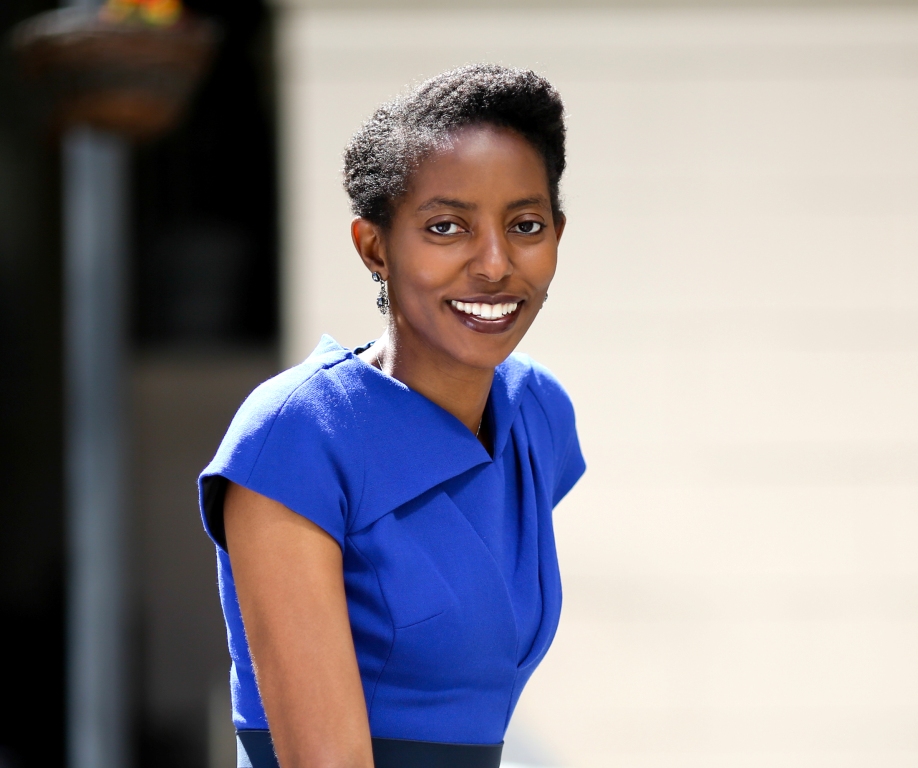In line with Lagos Deep Offshore Logistics Base (LADOL) partnership with the, WE Empower United Nations Sustainable Development Goals, the Managing Director of the company, Dr. Amy Jadesimi has pledged support for female entrepreneurs.
The WE Empower Challenge is a global business competition for women entrepreneurs who are working hard to advance the United Nations Sustainable Development Goals by 2030.
Jadesimi, who was a member of the judging panel of WE Empower Challenge, said women are driving change by leading the achievement of the SDGs, with the potential of adding $28 trillion to a global gross domestic product in the next seven years.
“If the world commits to gender equality, equal engagement in the workforce adds $28 trillion US dollars to annual global GDP in 2025.” She added.
The LADOL MD said, “LADOL is proud to support ‘The WE Empower UN SDG Challenge’ as one of its lead partners. Continuing its commitment to the young entrepreneurs and the United Nations Sustainability Goals, LADOL is supporting this new and important initiative which awards female entrepreneurs who are creating sustainable development and businesses in their communities.”
According to Jadesimi, women are not simply beneficiaries of SDG Goal 5, they are also leading the achievement of all SDGs.
LADOL is an industrial Free Zone privately owned logistics and engineering facility located on an island in the Port of Apapa area of Lagos State, Nigeria.
The industrial logistics company was designed to provide logistics, engineering and other support services to offshore oil and gas exploration and production companies operating in and around West Africa, in which Nigeria belongs.
Established in 2000, LADOL has over the years continued to assert its relevance in the Nigerian economy. It is, however, important to note that its success might as well never have been possible except for the support given to it by Nigeria’s Local Content Act.
